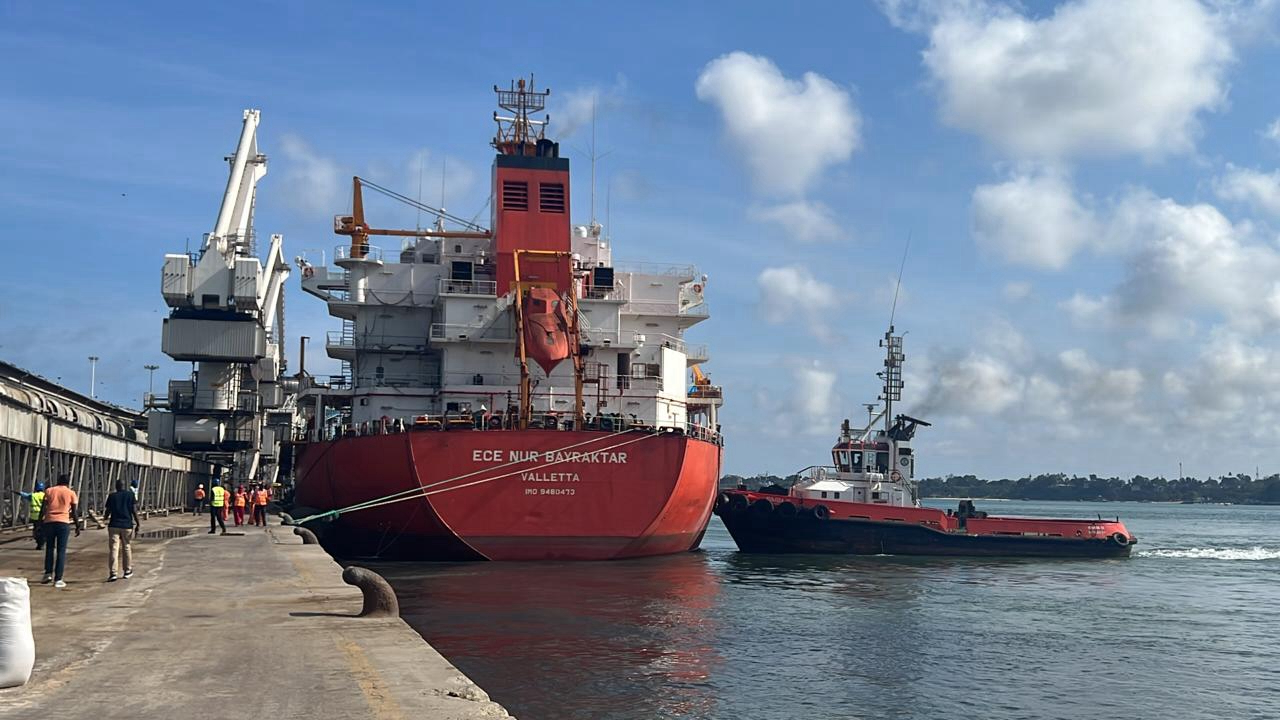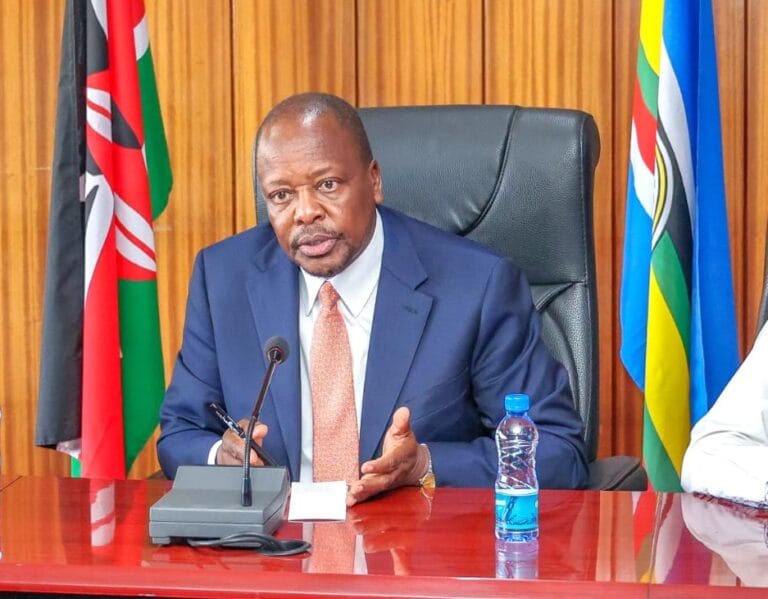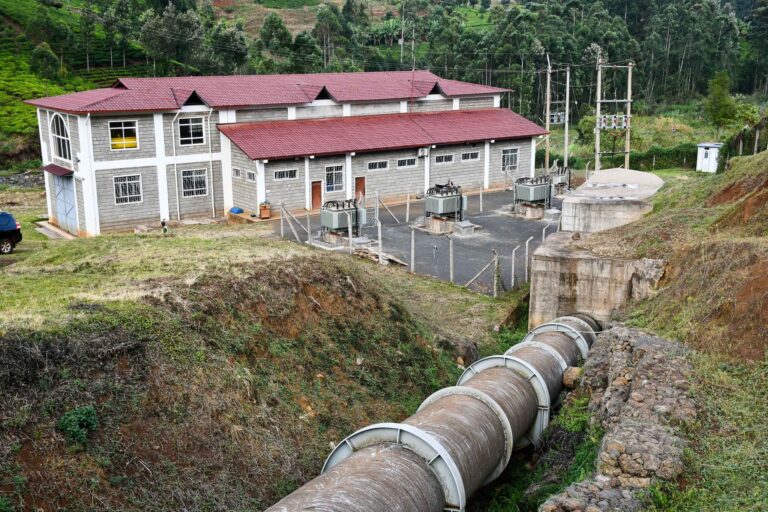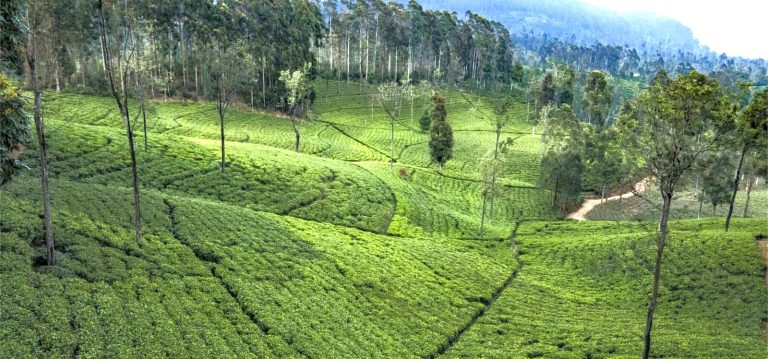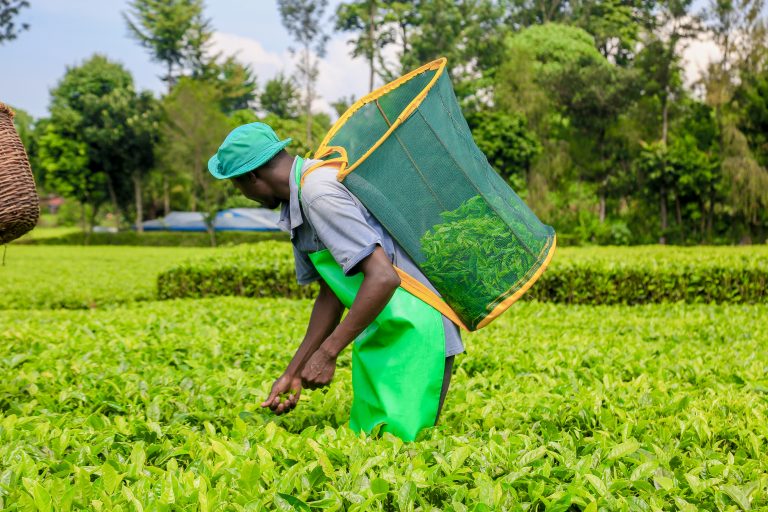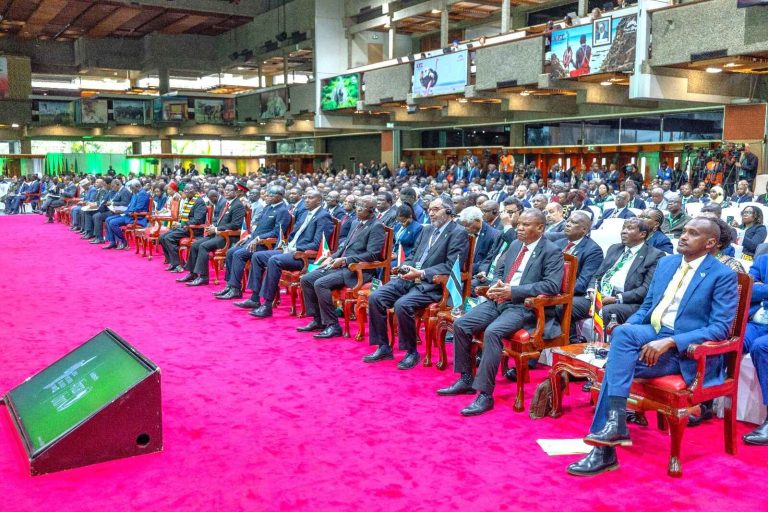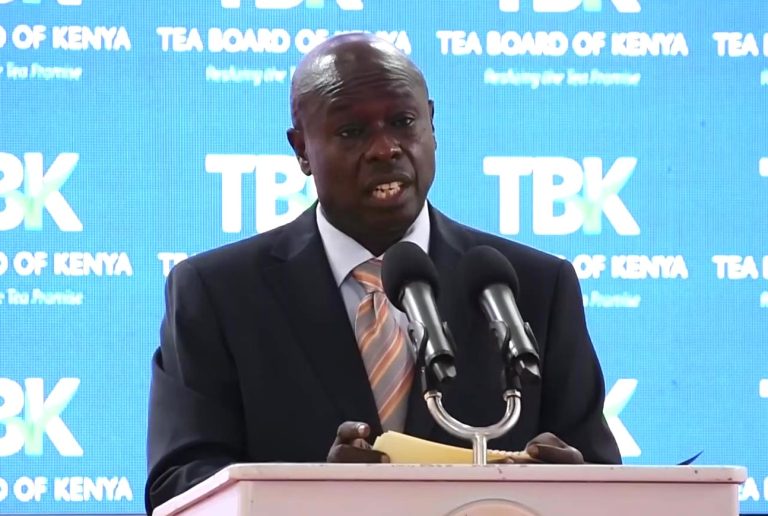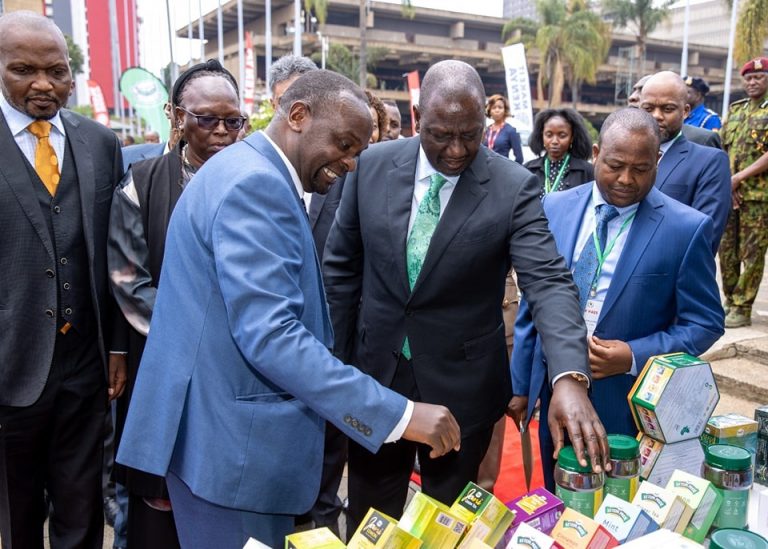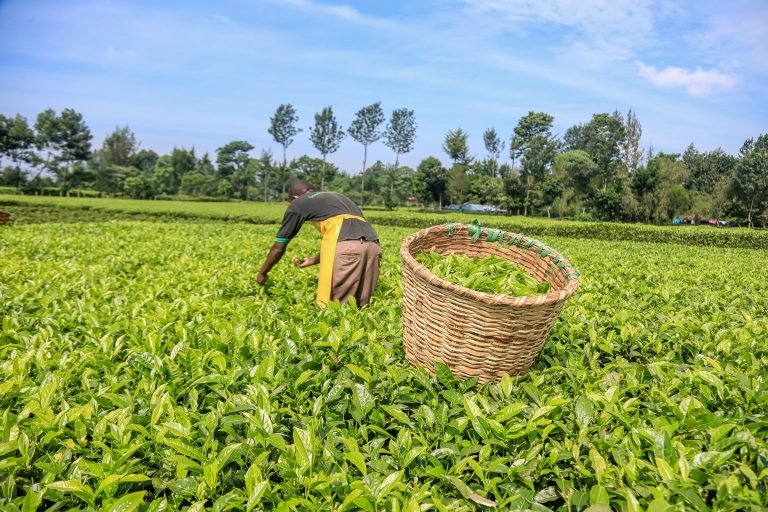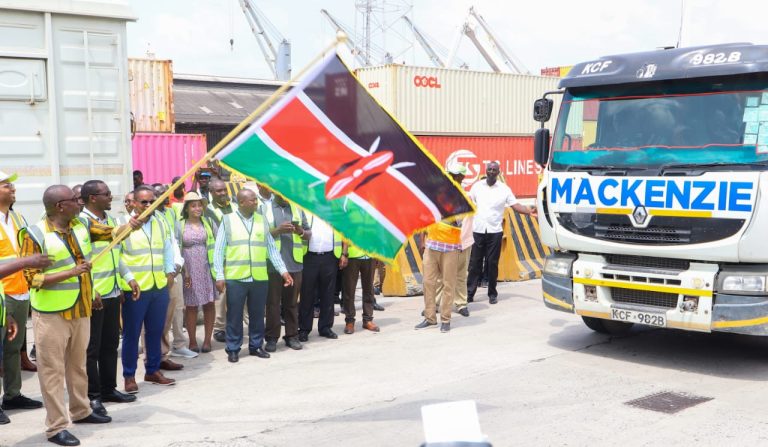The Kenya Tea Development Agency Management Services Limited (KTDA MS) has imported 92,737 metric tonnes of fertiliser for the year 2023/2024 for distribution to smallholder tea farmers.
The NPK 26:5:5 chemically compounded fertilizer was procured directly from Russia.
The first ship carrying the fertilizer arrived at the Port of Mombasa yesterday, carrying 47,800 tonnes which translates to 956,000 bags each weighing 50kgs. A second ship delivering the balance is expected to dock in November.
The fertilizer will be bagged at port for onward distribution to farmers via the SGR to Nairobi and further to factories. This arrangement allows smooth and efficient delivery to farmers up to the closest tea buying centres. Farmers do not incur extra cost transporting the fertilizer from the factory stores.
KTDA says the cost of fertilizer has been negatively impacted by rising cost of natural gas (a key component in the manufacture of NPK chemically compounded fertiliser), unfavourable exchange rates, global supply constraints, high crude oil costs and the cost of shipment among other factors. The final cost of a 50kg bag of fertilizer therefore will be determined once clearing and transport cost to respective tea factories across the country as well as marine and overland insurance costs have been factored in.
Application of fertilizer on tea bushes at the onset of short rains is necessary to ensure consistent high quality and quantity of green leaf essential for premium tea production.
KTDA procures fertilizer in bulk for more than 650,000 small scale tea farmers, who are the shareholders of its managed factories, through competitive international bidding. The fertiliser is then distributed to the farmers through their respective factory companies.
The KTDA fertilizer credit scheme enables farmers to pay in instalments for the fertiliser they have ordered for use on their farm. These payments are made over several months to ease the farmer’s burden on the purchase of fertilizer which is a major input cost in tea farming.


